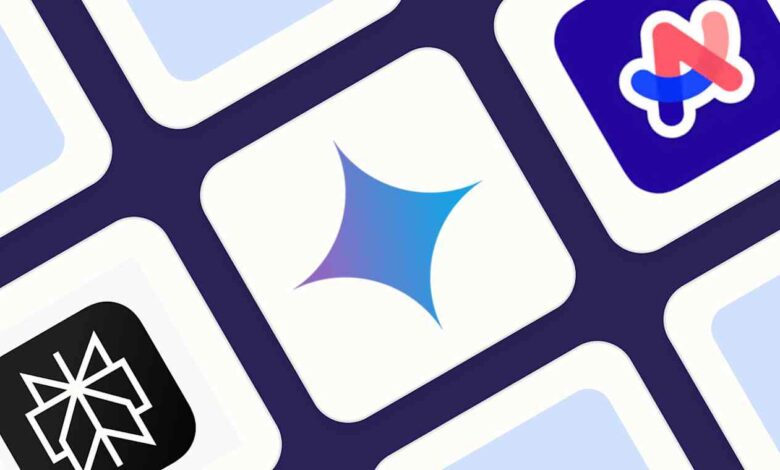The Importance of ChatGPT in the Evolving Digital Landscape

The way we interact with technology has changed forever. What used to require hours of research, writing, or problem-solving can now be accomplished in seconds with the help of artificial intelligence — and leading this new era is ChatGPT. As one of the most advanced The Importance of ChatGPT conversational AIs created by OpenAI, ChatGPT is not just a trend or novelty; it’s a foundational shift in how we communicate, create, and access information.
At the heart of ChatGPT’s importance is its versatility. It can respond to queries, write essays, debug code, translate languages, summarize articles, generate marketing content, and simulate human dialogue — all in real time. What makes this technology especially valuable is its accessibility. You don’t need to be a programmer, researcher, or tech expert to use it. With a simple prompt, anyone can unlock the power of advanced language understanding and generation.
For professionals, ChatGPT is a productivity accelerator. In businesses of all sizes, it’s being used to draft emails, create sales scripts, write proposals, manage documentation, and even assist in internal training processes. Startups benefit from having a low-cost, highly efficient assistant that can perform the work of several employees. Enterprises use it to streamline workflows and reduce dependency on external agencies for tasks like copywriting, content generation, and translation.
In marketing, ChatGPT is changing the game. Marketers now generate ad copy, SEO blog posts, social media captions, email sequences, and customer surveys in a fraction of the time. A/B testing creative content has never been easier — you can generate 10 variations in minutes. It empowers marketers to be more agile, data-driven, and creative, all at once.
In the education space, ChatGPT is enhancing learning across all levels. Students use it to understand difficult subjects, get instant feedback on assignments, and explore new ideas. Educators use it to prepare teaching materials, simplify complex concepts, and personalize learning plans. It’s helping to bridge the gap between information and comprehension, especially in remote and under-resourced settings.
In education, ChatGPT is a 24/7 tutor, editor, and explainer. Students across the globe use it to understand complex subjects, polish their writing, and prepare for exams. Teachers use it to design lesson plans and simplify dense material. Its presence is making personalized education more accessible and efficient, especially in digital and remote environments.
In software development, developers use ChatGPT to generate and troubleshoot code, learn new languages, and document their systems faster. Even non-developers can understand and discuss technical concepts by asking ChatGPT to explain them in layman’s terms, breaking down communication barriers across teams.
In software development, developers use ChatGPT as a coding co-pilot — helping them write, edit, and debug code more efficiently. It also helps newcomers to programming by explaining logic and syntax in plain language. For cross-functional teams, it breaks down technical barriers and improves communication between departments.
Perhaps the most groundbreaking shift ChatGPT has initiated is in the way people search for information. Rather than relying on traditional search engines filled with links, users now receive direct, well-structured, and conversational answers. This evolution marks the beginning of a new kind of digital discovery — one where AI search engines are at the center.
And this is where businesses face a new challenge: How can they make sure they are visible in AI-generated answers? It’s no longer just about keywords and backlinks. It’s about training AI models to recognize your brand, services, and expertise — and mention you when it matters most.
That’s where Listaim – AI Engines Ranking Service comes in. They make your business appear on the AI Search. Whether it’s ChatGPT, DeepSeek, or Microsoft Copilot, Listaim helps ensure your brand is not just online, but embedded in the conversations and results that guide the future of decision-making.
